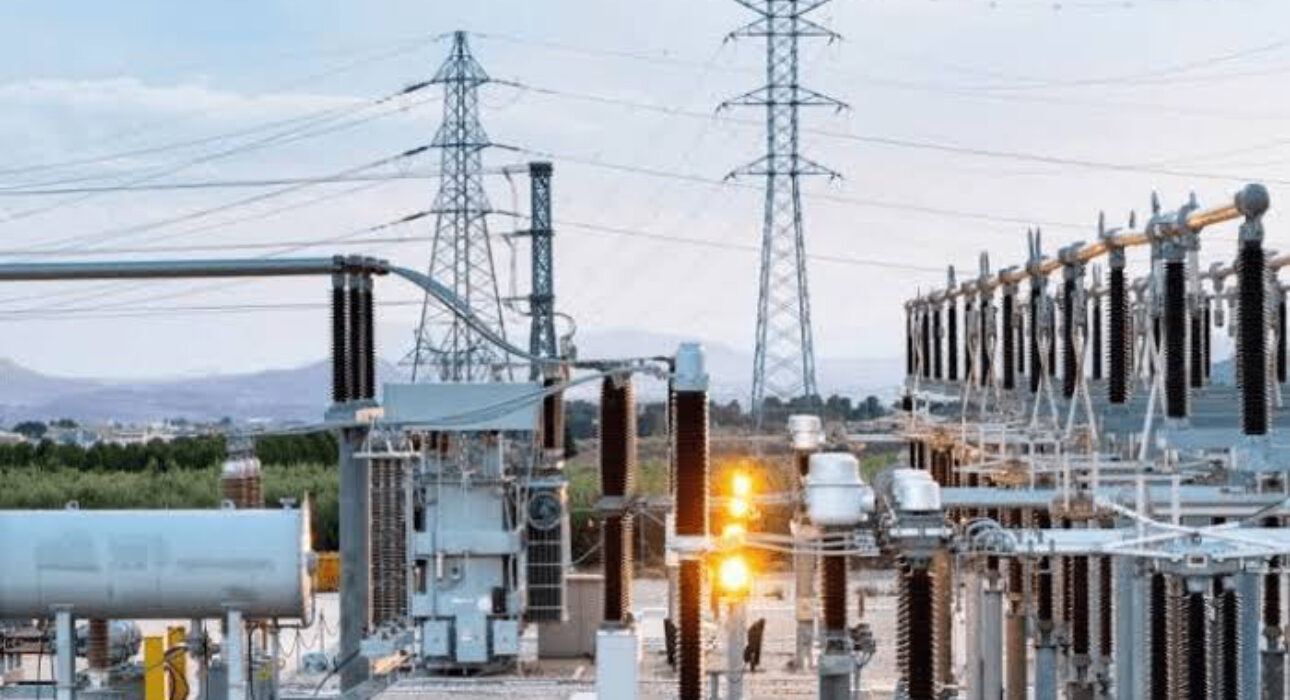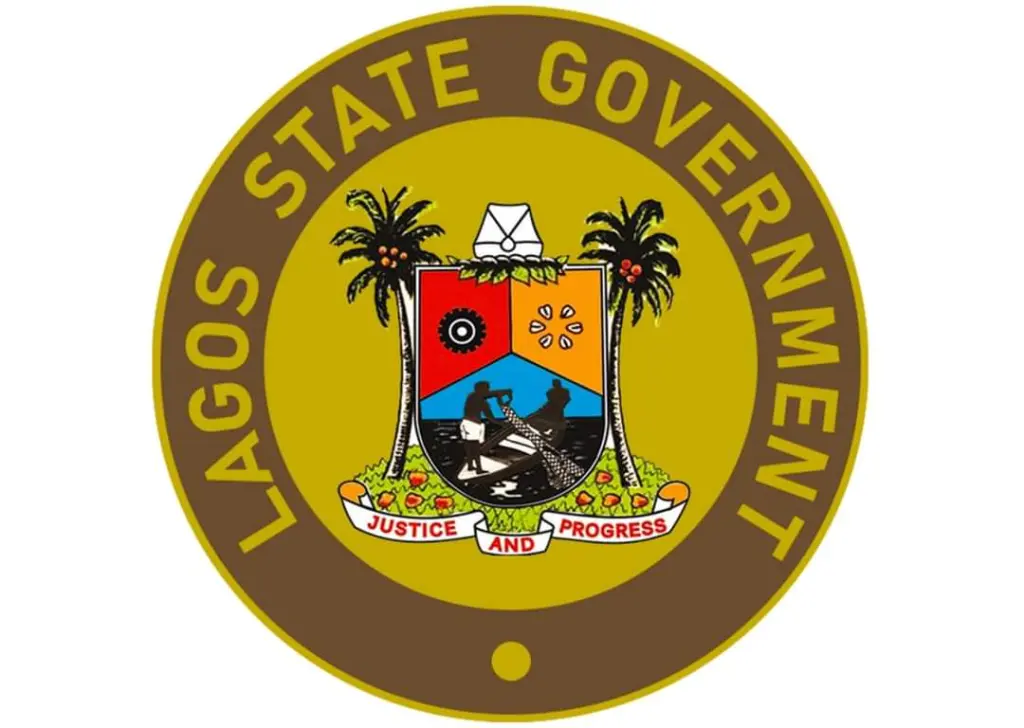Nigeria Scales Down Power Supply to Niger Republic by 42% Amid Ongoing Political Tensions

The Federal Government has reduced its power supply to Niger Republic from 80 megawatts to 46 megawatts, a development that is a continuation of a cautious attitude towards the country’s new military junta.
The reduction is a 42 percent decrease in power exports and has led to extensive power shortages in Niger.
Niger’s Energy and Renewable Energies Minister, Haoua Amadou, recently confirmed the cutback in a recent press conference. She further stated that while Nigeria resumed electricity exports after halting them in 2023, the current rate is significantly lower than what Niger requires to meet local demand. The drop has caused a 30–50% reduction in national power output, leading the state utility corporation, Nigelec, to initiate rotational cuts to major urban areas, such as the capital city, Niamey.
“Nigeria is producing just 46 megawatts of the 80 megawatts which was being supplied earlier. The fall is actually hitting our ability to provide stable electricity to houses and businesses hard,” Amadou said.
The development ties to the ongoing aftermath of July 2023 Niger military coup, which led to the condemnation and sanctioning by the Economic Community of West African States (ECOWAS). The closest to being direct were amongst those sanctions being Nigeria’s shutdown of electricity supply to Niger, which previously utilized up to 70% of its electricity requirements from Nigeria.
Despite the fact that ECOWAS lifted some of those sanctions in February 2024—leading to the partial reinstatement of power—Nigeria’s decision to limit the flow of current reveals still-smoldering political tensions and continued observation of the Niamey regime led by the military.
The cut has exacerbated economic hardship in Niger, where businesses, hospitals, and government agencies are grappling with erratic power supply. Local authorities have urged citizens to exercise patience as diplomatic negotiations between the two countries continue.
In Nigeria, its own internal power sector challenges are also being tackled by the government. Nigeria’s power sector is reported to be faced with a whopping N4 trillion liquidity issue, whereby power generation companies are experiencing cash flow problems due to delayed payment by distribution firms and outstanding debt. The government of Nigeria has pledged emergency action to prop up the industry to address local demand.
This latest development underscores the delicate balance Nigeria must strike between regional diplomacy and internal energy concerns, especially since West Africa must swim in an extremely charged context of political instability, energy insecurity, and economic tension.









